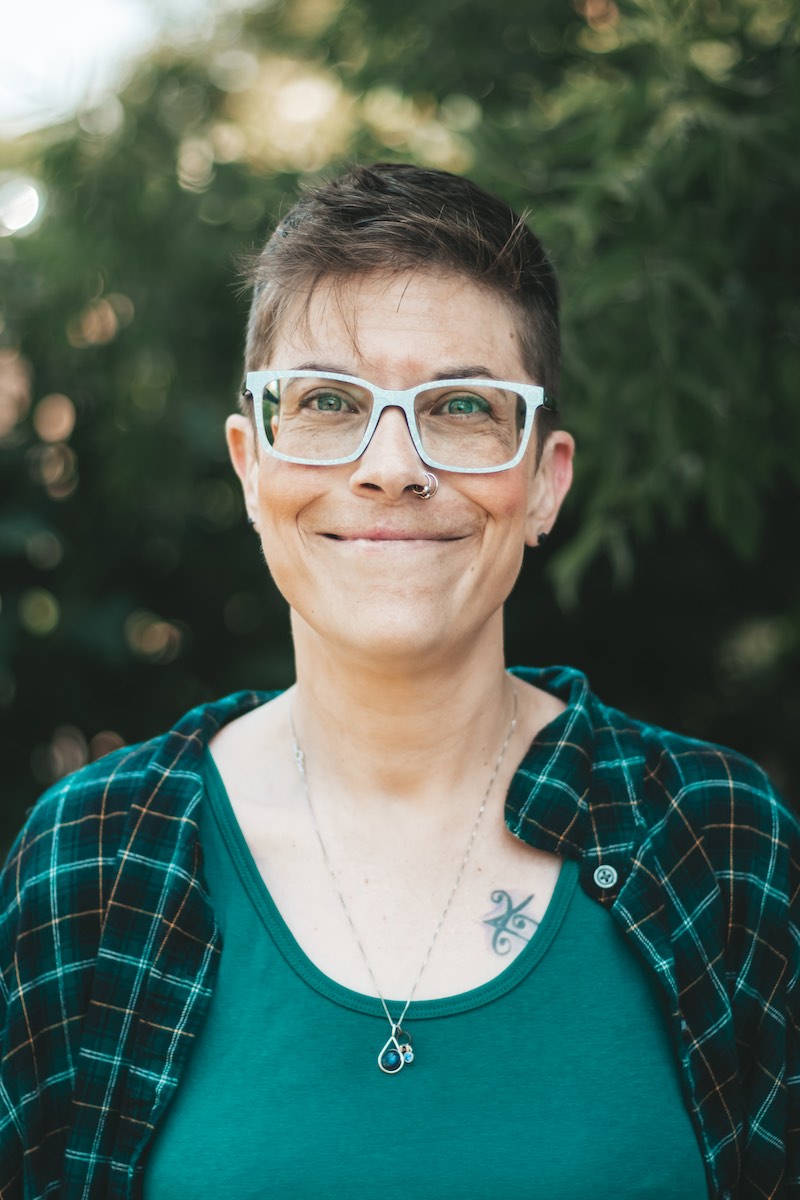
How advocating for accommodations helped one mature student thrive
When Katherine Hirbod first began at York University in 1999, she struggled with staying focused in class.
“I slept through class,” she says. “I thought I was a terrible student, but I hadn't been diagnosed with ADHD (attention-deficit/hyperactivity disorder) yet and I didn’t know there were accommodations that I could have.”
ADHD can affect one’s attention span and concentration, and can also include symptoms like hyperactivity and impulsivity.
After taking some time away from her post-secondary studies, Hirbod returned to York as a mature student in 2020. Hirbod, a third-year Environmental Studies student (Politics, Justice and Art), says she is thriving.
“Twenty years ago, ADHD in adults was understood very little – ADHD in women more so,” says Hirbod, who is also completing a certificate in Indigenous studies. “Now that I have all of this information, it's dramatically increased the success that I'm having in school."
When Hirbod returned to York, she met with a counsellor through Student Accessibility Services to discuss strategies for tailoring her courses and assignments to better suit her needs. Student Accessibility Services provides academic accommodations to students with temporary and permanent disabilities, including mental health conditions, physical disabilities or impairments, acquired brain injuries, neurodiversity and sensory disabilities.
One of the strategies Hirbod has been encouraged to use is crocheting in class, which she says helps keep her focused. "I'm known as the person who crochets on Zoom lectures,” says Hirbod. “It occupies the part of my brain that wants to be somewhere else.”
Hirbod advocates for others to be vocal if they are struggling or are feeling stuck.
“I had a professor tell me that advocating for my accommodations changed his expectations of students and the way he was grading and facilitating classes,” says Hirbod.
“Other students have also said that because I am so open about it, it’s made it easier for them to ask for their own accommodations.”
Succeeding as a mature student
Hirbod, who is passionate about advocacy and social justice, has been actively involved in the York community through various clubs and initiatives, including the Environmental and Urban Change Student’s Association. She notes the importance of mature students being involved in campus life, because they are valuable members of the community.
“Often times I think mature students feel a bit intimidated,” she says. “But York wants your lived experience, and it really does help the younger students as well." Hirbod adds that as her time has progressed at York, she has felt more comfortable engaging with her peers.
“I'm less worried about the age difference now, and I'm never one to stay quiet in class,” she says.
Overall, Hirbod says that despite re-entering her program many years after beginning it, she has gained more confidence and is glad to see many changes since she first started the program.
“I’ve seen so much change in the last 20 years in terms of diversity, and in terms of accommodations for disabilities. It’s the reason I came back,” she says. “One thing I like about York and my faculty is they want people who have lived experience, because that lived experience could be a valuable contribution to academia.”

Connect with York University